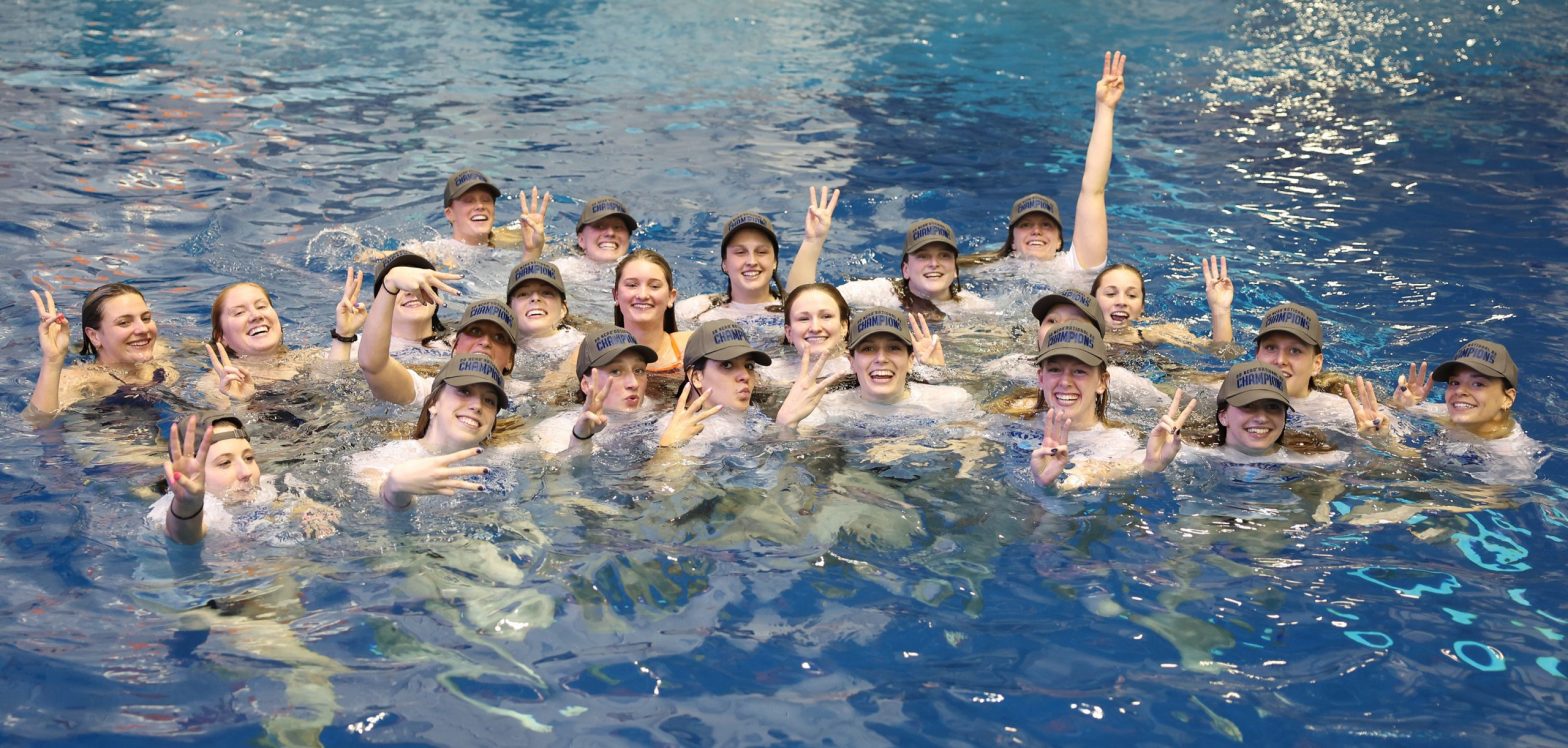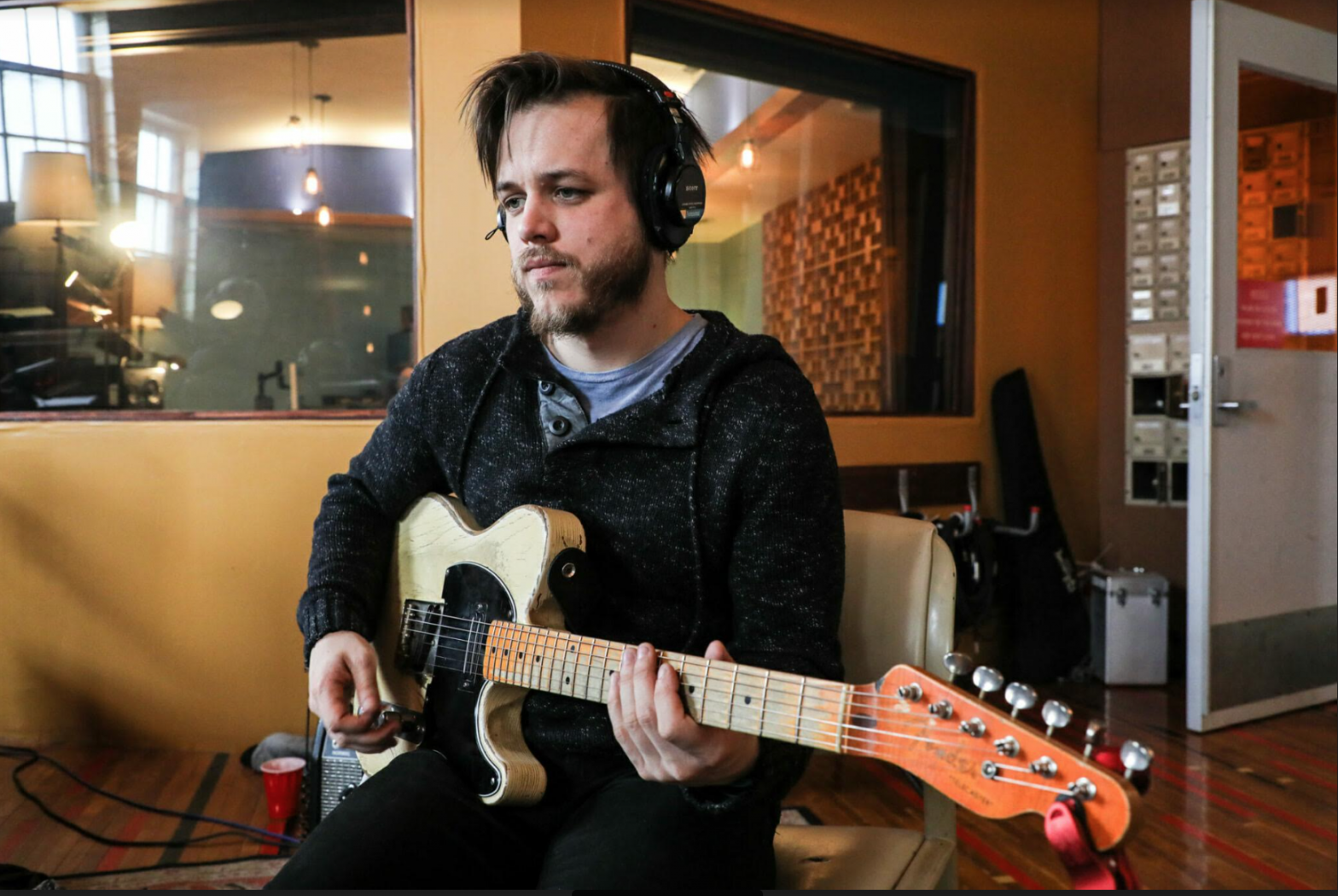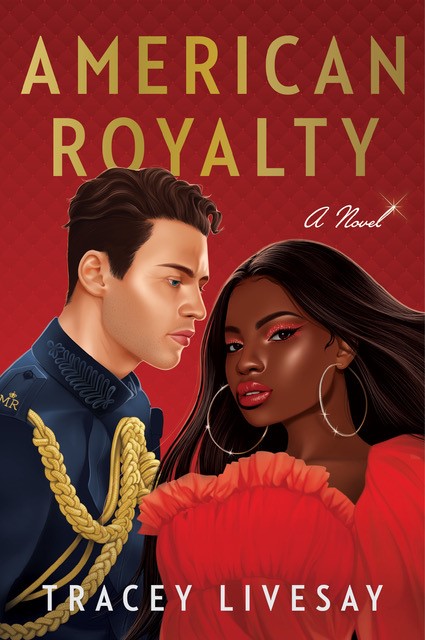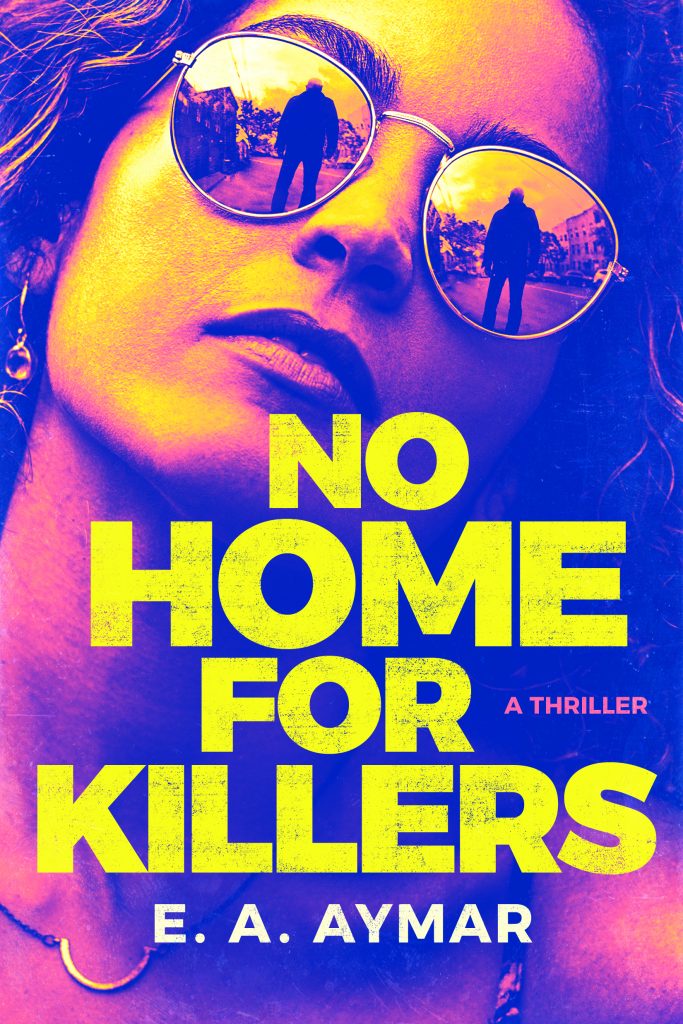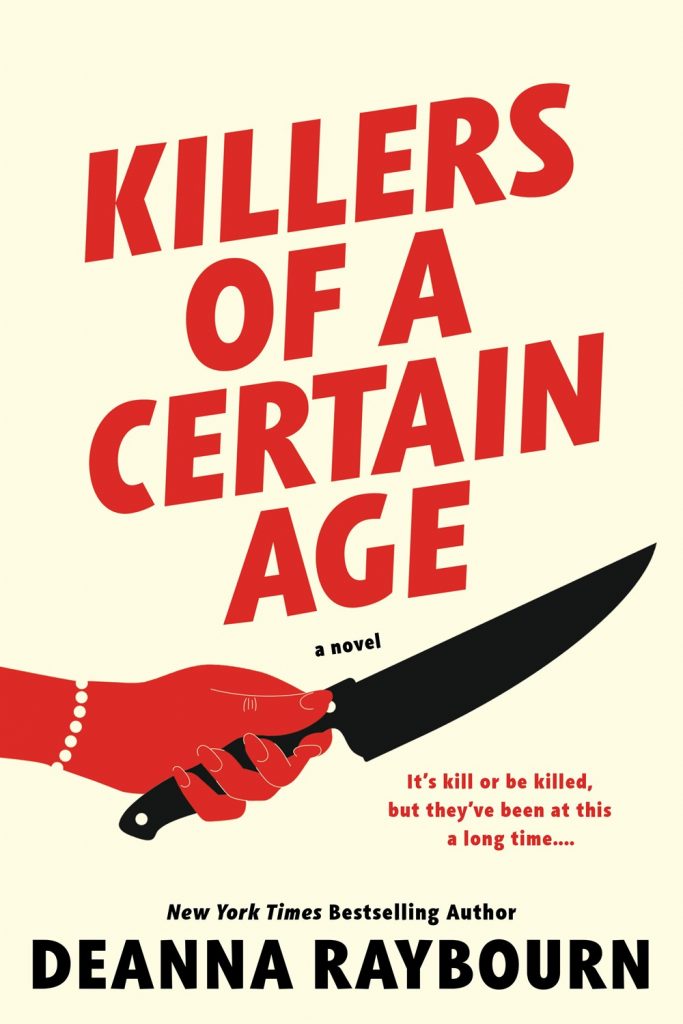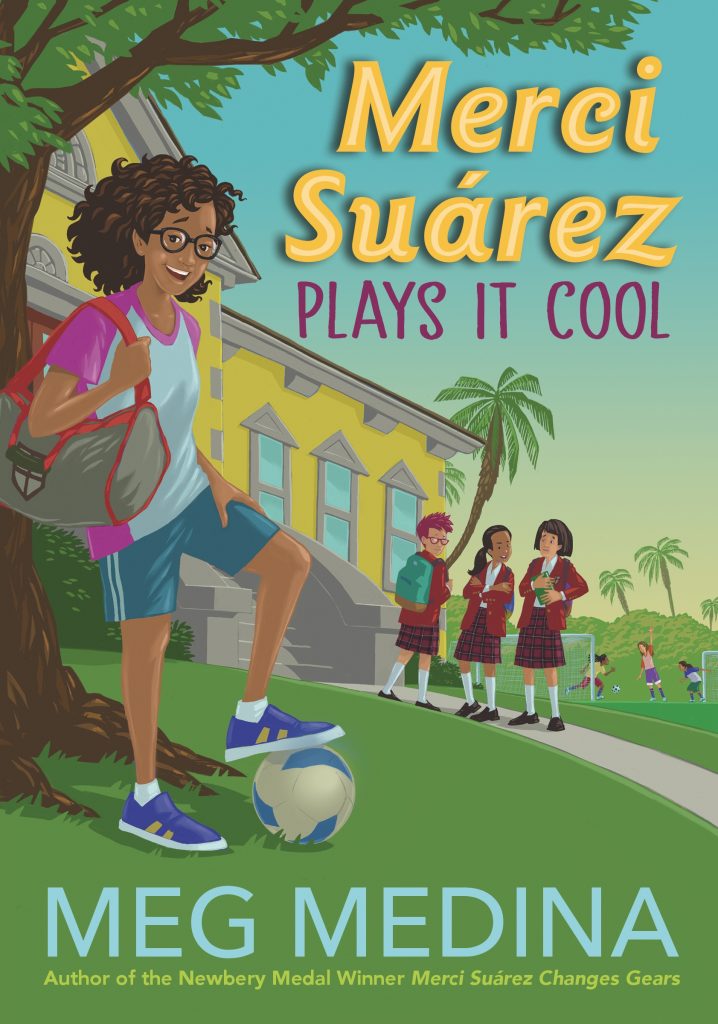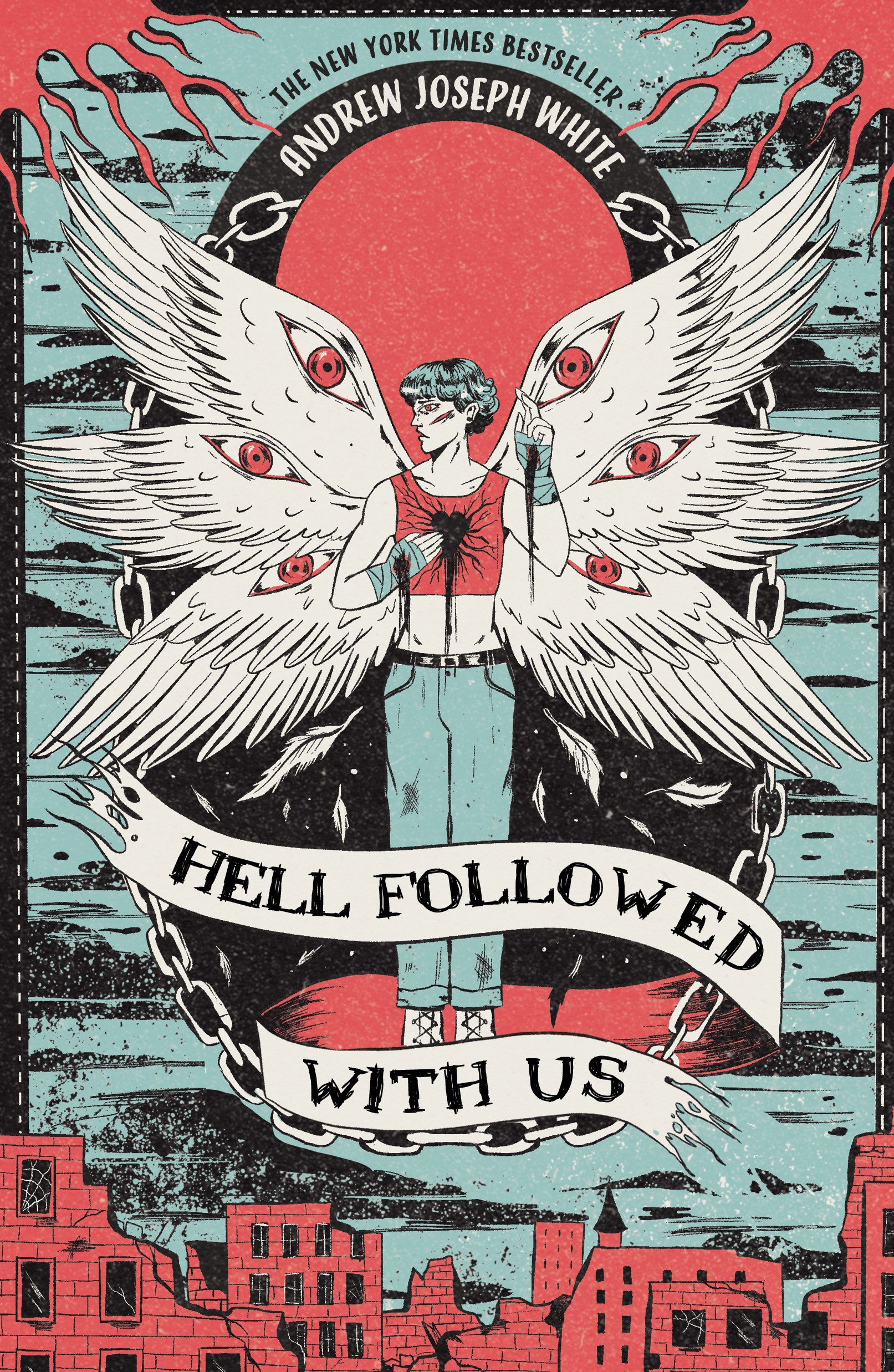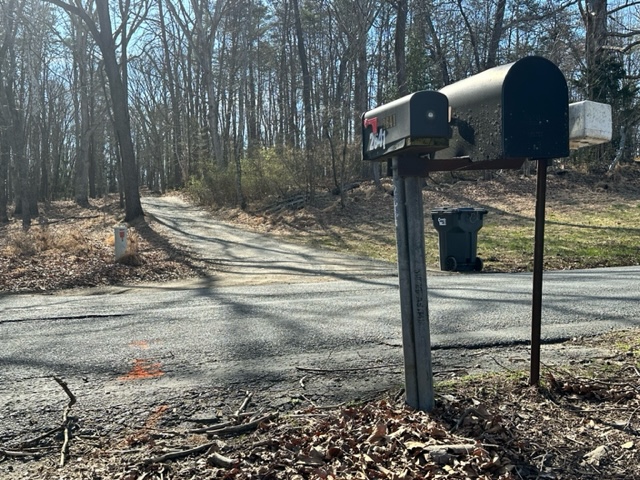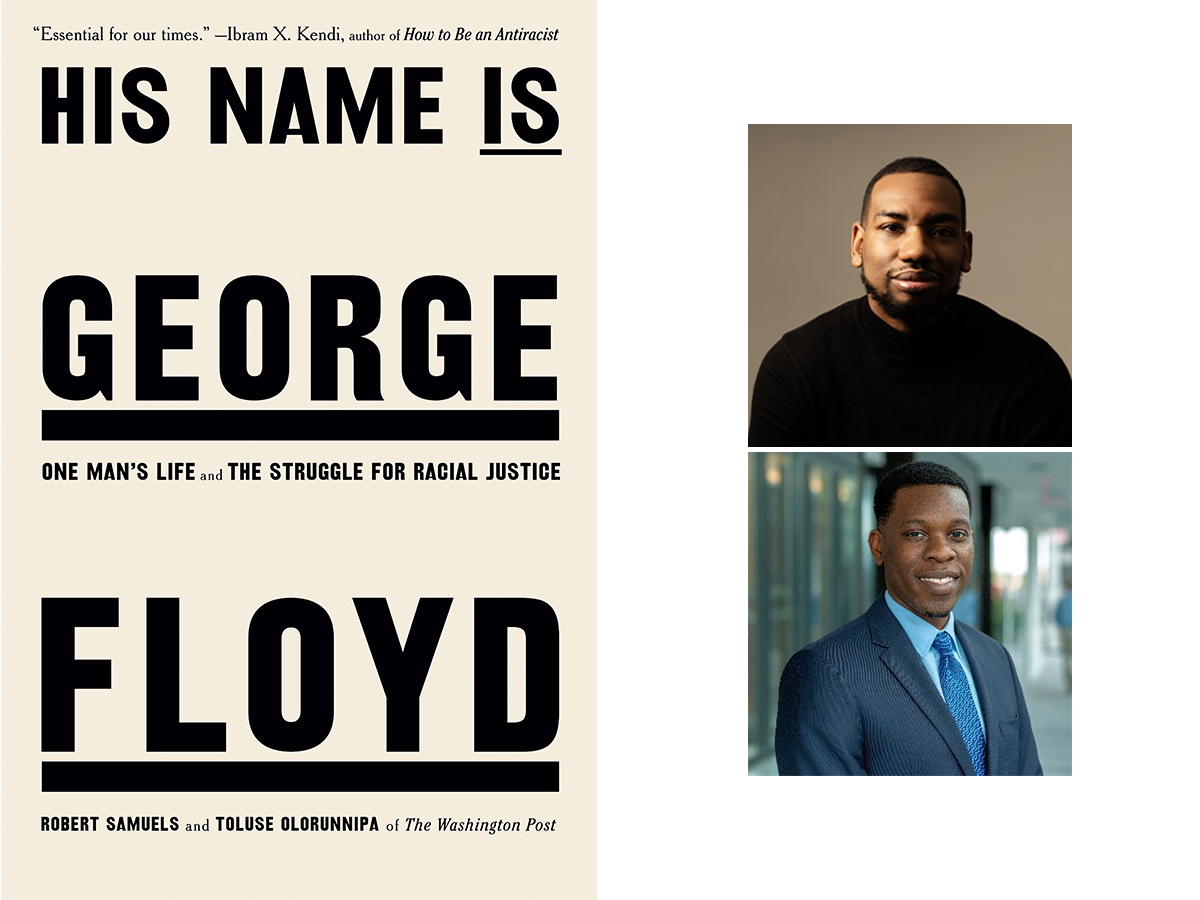Sam Morril is one of the fastest-rising stand-up comics out there. He’s performed sets on Comedy Central’s “This Week at the Comedy Cellar” and “The Late Show with Stephen Colbert,” cameoed in Joker, and amassed over 820,000 followers on TikTok, where he regularly goes viral for sticking it to hecklers. He recently released a new Netflix special, “Same Time Tomorrow,” and is currently performing his Class Act Tour to sold-out theaters across the country. We talked to Morril on the phone ahead of his March 29 performance at The Paramount Theater, and asked him about comedy during the pandemic, toeing the line, sports, and a lot more.
C-VILLE: How are you feeling ahead of your Charlottesville performance?
Sam Morril: I’m looking forward to it. I’ve played there before at a smaller venue called the Southern a couple times, so it’s good to be back.
During COVID you were performing on rooftops, now you’re back
in packed theaters. What’s that journey been like?
The rooftops thing was a pretty unpleasant journey. That was awful, that was more of a survival thing than a way to get booked. But, you know, I was grateful to be working at all. As an entertainer you want to stay relevant. I’ll do this under any circumstances. Coming up in stand up, you’re playing paper rooms, which basically means they’re giving out free tickets to people. So you’re trying to hone an hour for a room full of people who—you think free is good, it’s not. They don’t respect the show.
So you don’t miss the rooftops?
No, no, thank God that things are better now. I’m grateful.
How surreal was it to sit down with David Letterman?
He’s a legend, and he’s not just a legend, he’s a really nice guy. So that was pretty cool. And to do it when he was no longer on the air four or five nights a week was pretty special because he gave us even more attention than he would have normally, so that was a great experience.
Do you think comedians should play by “the rules”?
No, but also I think it gets overblown. I think when people give too much attention to what they can and can’t say, it’s kind of boring. Just say what’s authentic to you. Sometimes people say what’s offensive just to be offensive, and I think that’s pretty damn boring. Both sides need to just be who you are, and enough of this, “We can’t say this, we can’t say that.” You know, you can get away with saying a lot. When it comes from a real and good place, the right people don’t get bothered by what you’re saying.
Do you have a favorite taboo topic you like to poke fun at?
Nothing’s off limits. I love talking about things that are divisive because if I can find a way to unify a room with a topic that is maybe a little more off-putting, you kind of feel like you’ve done your job. I definitely look at this like, I want to be an entertainer, not some guy who just upsets people in a room. Abortion, mass murder, you name it. Let’s have some fun with it.
You deal with hecklers and work the crowd so deftly, do you enjoy that interactive aspect of comedy?
It keeps me sharp. I do so many shows, and people are like “how often does this happen?” and it’s not that often, honestly. My crowd is very attentive and they listen and they’re really good. If I want to work on material they let me work on material.
You’re now the host of two podcasts, can you tell us about your newest, Games with Names?
That’s the one with Julian Edelman from the Patriots. Three-time Super Bowl champion, Super Bowl MVP, Jew—the only Jewish Super Bowl MVP ever. It’s a great time, he’s a lot of fun. I feel like we’re the Inglourious Basterds, and he’s Brad Pitt and I’m one of the weaker Jews, just hanging around him. He’s fun to talk sports with.
Do you have a favorite sports controversy?
The NBA being fixed is definitely a great controversy. Not in general, but the referees, and the Tim Donaghy scandal is a pretty crazy story. I think the NBA’s a little more mocked up than they want you to think.
What’s it like being the guy who the Joker couldn’t follow up?
Fun! I always say the second Joker should just be Joaquin, he walks into a comedy club and watches me do another set. That’s a great movie right there. Just 50 to an hour, and then the credits roll: Joker 2, A Sam Morril Comedy Special, directed by Todd Phillips.
No, it was pretty crazy to get that part. It’s such a big movie, I get messages from people like “Wow, you’re in the DC universe now,” and I’m like “Yeah, alright, that’s kind of cool.”
[In the film] Todd Phillips had the host come back up and say “that’s Sam Morril everybody.” There was no reason for the host to do that, but that’s Todd just giving me a little nod. He’s just a very nice guy.
Who’s been making you laugh lately?
We watch so much non-stand up on the road. Sketch stuff really gets us. We’ll watch a lot of Tim Robinson, “It’s Always Sunny in Philadelphia.” The British “Peep Show” always makes me laugh. We watched Chris Rock on the road, that was pretty great. Rock doesn’t just make you laugh, he makes you go “ah damn, I wish I’d thought of that.” I do still get excited for good stand up, especially when it’s a premise that feels hackneyed, and you’re surprised by the punchline. Those are probably my favorites.
Has anything funny happened to you today?
Oh no, nothing yet. There’s construction in my building, so I’m cursing the people above me. Maybe that’s kind of funny. That’s truly the worst part of living in New York, you’ve got all this great stuff going on but there’s always noise.


